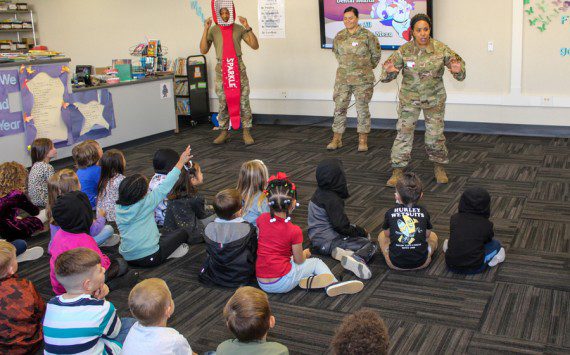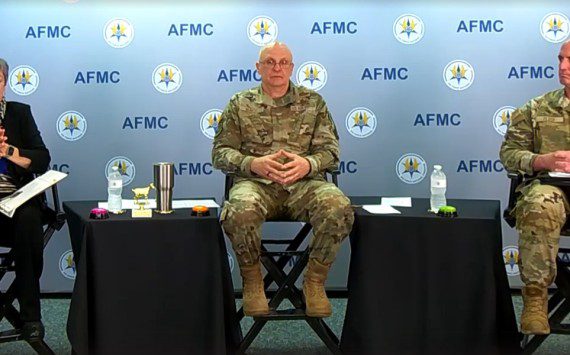On Nov. 6, 2015, Staff Sgt. Richard Coleman of the 412th Security Forces Squadron was found guilty by general court-martial of one charge and two specifications of indecent exposure, in violation of Article 120c, Uniform Code of Military Justice, as well as one charge and one specification of making a false official statement in violation of Article 107, UCMJ. All charges and specifications arose in relation to an incident that occurred in Rosamond, Calif., Feb. 10, 2015. He was found not guilty of a third specification of indecent exposure as well as one charge and one specification of leaving his place of duty, in violation of Article 86, UCMJ, in relation to a separate incident that also occurred in Rosamond Feb. 18. The six officer panel subsequently sentenced Coleman to a Bad Conduct Discharge, confinement for one year, and reduction in grade to E-1. By rule of law, Coleman will also forfeit all pay and allowances.
Previously, then-Master Sgt. Coleman pled guilty at a special court-martial Oct. 23, 2012, to one charge and two specifications of dereliction of duties in violation of Article 92, UCMJ; one charge and one specification of cruelty and maltreatment of subordinates in violation of Article 93, UCMJ; and one charge and two specifications of reckless driving in violation of Article 111, UCMJ. For those offenses he was sentenced by a military judge to confinement for 14 days, reduction in grade to E-5, and a reprimand.
The 412th Test Wing Office of the Staff Judge Advocate, in addition to providing legal assistance to active duty and retired military members and their dependents, is responsible for enforcing the UCMJ in trials known as courts-martial. The UCMJ is the code of criminal law to which all military members must adhere, similar to state criminal statutes. In addition to more traditional criminal laws such as burglary and sexual assault, the UCMJ includes several military-specific criminal laws such as absence without leave, or AWOL, and mutiny or sedition.
Military members accused of violating these laws may face trial in one of three different courts-martial.
General courts-martial are similar to civilian felony-level courts and are reserved for the most severe crimes. Punishment can be as severe as a dishonorable discharge or dismissal, confinement for life or even death. Special courts-martial are similar to county courts that prosecute misdemeanors and can result in a bad conduct discharge and up to confinement for one year. Summary courts-martial are most comparable to traffic courts and carry a maximum punishment of confinement for 30 days. Summary courts-martial cannot impose a punitive discharge.
During the 2015 calendar year, the 412th Test Wing Office of the Staff Judge Advocate has prosecuted eight courts-martial, including five general courts-martial, two special courts-martial and one summary court-martial.
In five of these courts-martial, only sentencing was addressed as the accused accepted responsibility and pled guilty. However, three of the general courts-martial were fully litigated, resulting in one acquittal and two convictions, including Coleman’s case and another involving child pornography.
While no other courts are scheduled at this time at Edwards, future courts and courts scheduled at other bases can be found on the U.S. Air Force JAG Corps Docket at http://www.afjag.af.mil/docket/. All courts-martial, with few exceptions, are open to the public to attend.
Quicklinks











